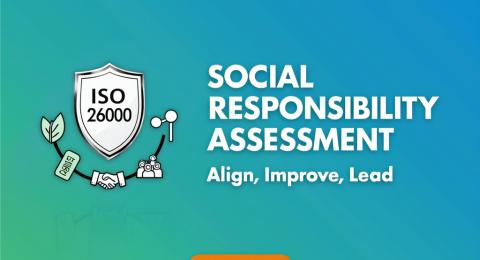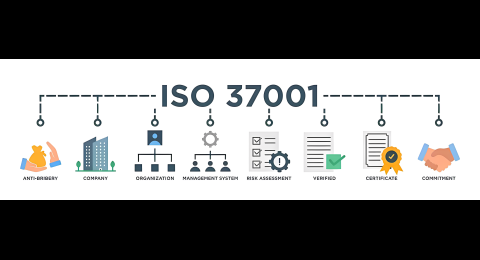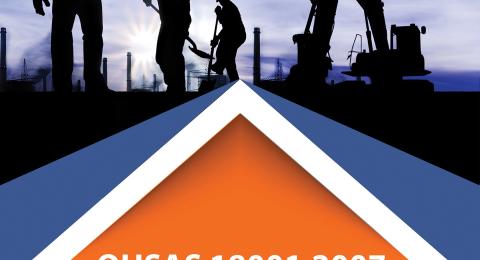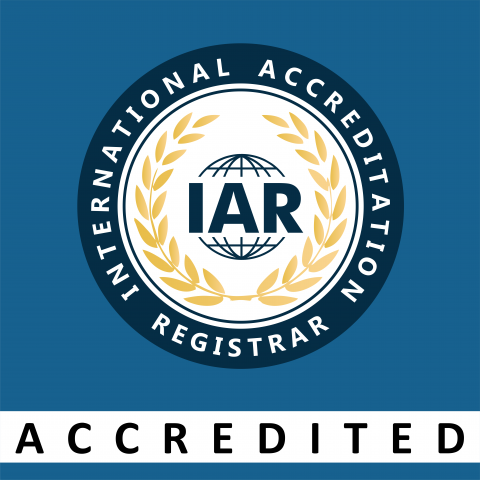ISO 26000 – Social Responsibility Assessment
Overview
ISO 26000 is the internationally recognized guidance on social responsibility. It helps organizations of all sizes integrate ethical, transparent, and sustainable practices into their operations—covering areas such as human rights, labor practices, environmental stewardship, fair operating practices, consumer issues, and community involvement.
Who It’s For
Organizations aiming to embed CSR and ESG into their strategy






